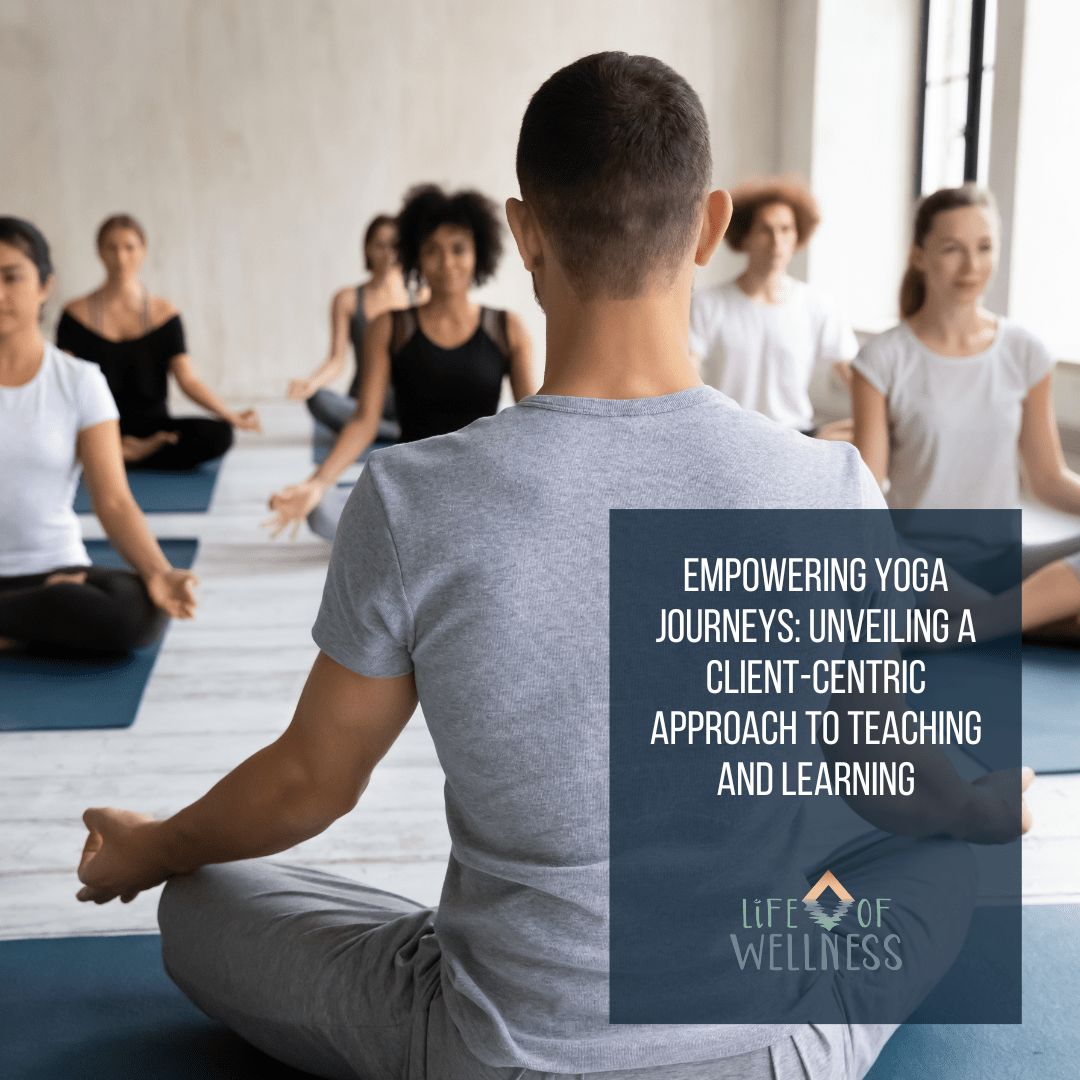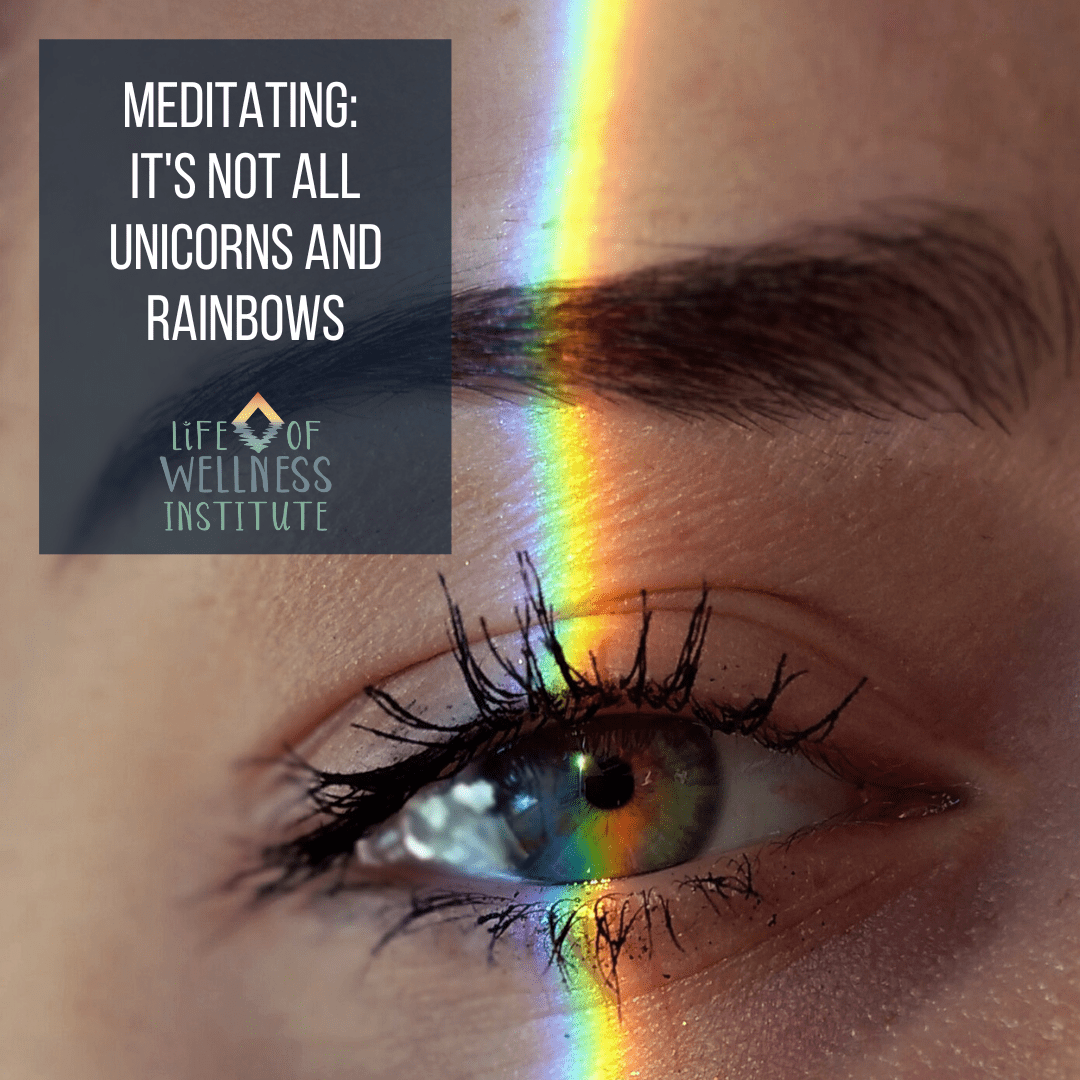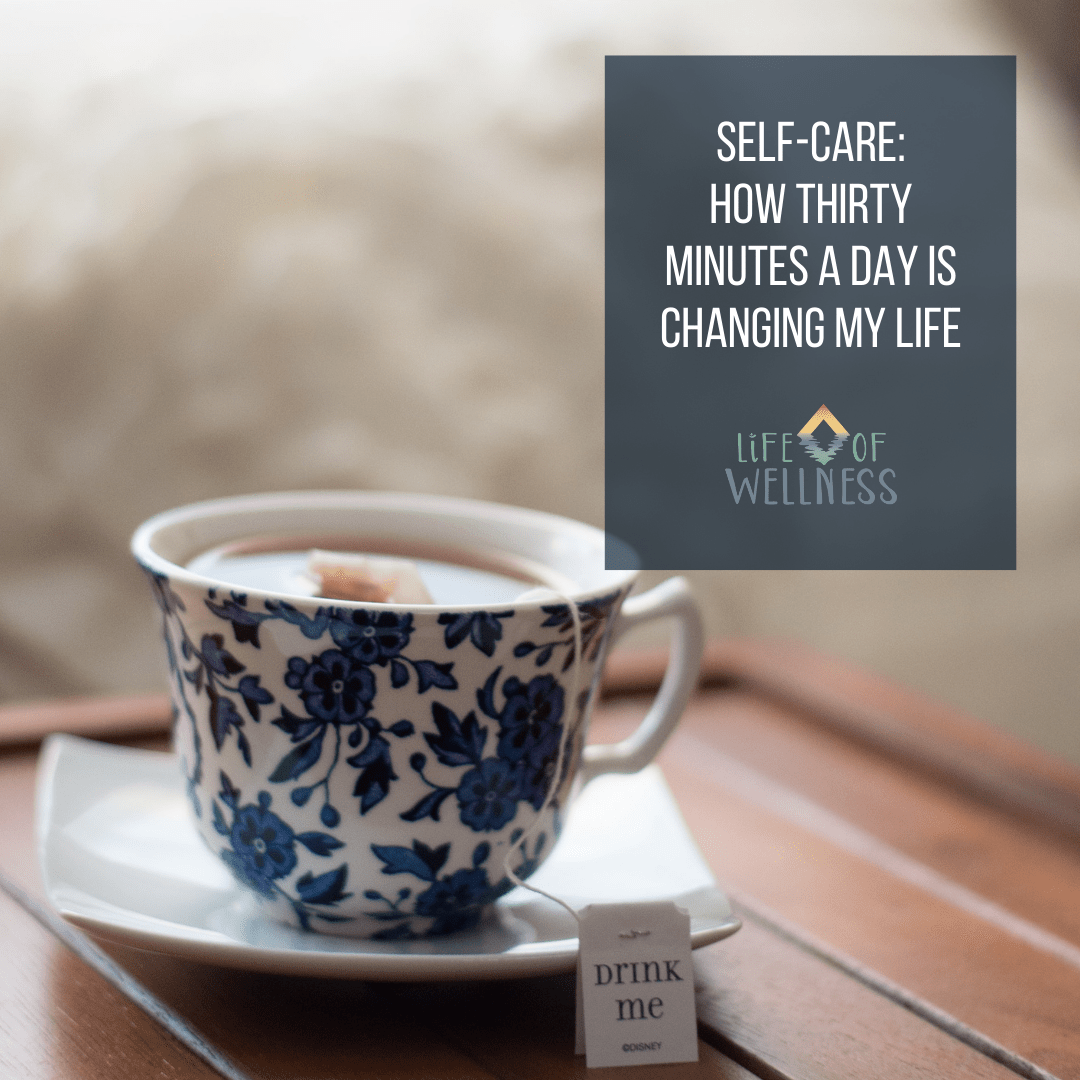The recovery from Mental Health disorders is a complex process, and yoga is not a replacement for treatment. The place that yoga plays is as a complementary practice that can bolster conventional forms of medical and psychological care.
Every human life is precious, and this must lead our actions. The gravity of the risk of destabilizing anyone amid a severe mental health crisis is too high. This is why we first support and encourage people with mental health challenges to seek appropriate medical and therapeutic treatment.
For many, honoring ourselves with the support we need is the most loving, compassionate self-care we will ever gift ourselves. Yoga will be here as a complimentary practice when we have the support and stability that treatment can provide.
Before engaging in yoga practices, please work with your health providers to determine when they can be supportive and helpful.
In honor of ourselves and our students in this way, we are already doing yoga.
A special note for yoga teachers
As yoga teachers, we MUST be responsible for the care of our students and work within our scope of training. Many fail to recognize that we can do great harm without knowing it. This is due to our ignorance of the nature of mental health disorders and our belief that yoga practices, which have helped us and many others, are always safe. We can disrupt the autonomy of our students, destabilize their mental stability, and our words and actions can further the disorder itself.
When we allow ourselves to teach without this awareness, we choose to cause harm unknowingly, and the consequences are severe. Mental health disorders and suicidality go hand-in-hand. For example, research suggests that those facing eating disorders are 18 times more likely than their same-aged peers to die. They have the highest mortality rate of any mental illness. Suicide is the second leading cause of death among those with anorexia. Between 20% and 43% of people with Anorexia report suicidal ideation, and 25% of people with eating disorders, in general, have attempted suicide.
Keys to Healing Mental Health
There are four critical skills that I have found are essential to healing our mental health that yoga can help us develop. This list is in no way meant to be exhaustive. We will learn many things about our needs and recovery in other ways, and what is needed to meet those needs can and will vary. These four skills help us understand our experience, understand our needs, support us to repair our trust in ourselves, and create a foundation for our life after recovery.
Interoceptive Awareness
Interoceptive awareness is our ability to sense the body’s internal state at any moment, which means that we can sense the sensations of our body—and separately from the thoughts running through our minds, the emotions we are experiencing, or the stimulation happening around us. It includes things like hunger, satiety, digestion, changes in heart rate, body temperature, blood pressure, muscle tension, pain, and sexual arousal.
Yoga helps us to develop and restore this connection to our body’s intelligence. With Intentful and regular practice, we become fluent in our body’s language, recognize our needs, recognize our current “state”, and take appropriate action to support our experience.
Practices to support the development of interoceptive awareness:
- Practice slow, mindful yoga, listening to the sensations in the body and noticing how they change in movement. This practice helps us to listen to our sensations in other areas of our life. Such as the early sensations of our anxiety.
- Practice this Interoceptive Meditation to prepare, and lay down comfortably. With elbows supported with props, place one hand above and one below the belly button.
Self-Regulation
Imagine being able to settle your anxiety, panic attacks, and cyclical, disruptive, and depressive thoughts. Which unsupported can lead to maladaptive coping like self-harm, addiction, eating disorders, and even suicidality.
To regulate our mental and emotional states, we learn to regulate our nervous system, also known as sympathetic regulation. In short, our autonomic nervous system controls our body’s response to challenging experiences like stress, trauma, and intense emotions. When we face these experiences in a mental health disorder, they are often highly intrusive and invasive. The suffering they cause requires equally intense coping. Sometimes, it is chosen because it causes us to feel something else we can feel we have control of. No one sets out to have an eating disorder, to suffer from the grips of addiction, or any other mental health disorder. Instead, they occur due to trying to cope with intense suffering that a blog post could never appropriately define. Leaving us vulnerable to accepting pain and harm as an alternative to the pain we are trying so hard to avoid.
- Practicing like pranayama (breath work) teaches us how to use our breath to influence sympathetic and parasympathetic regulation of our nervous system, which is vital for stress management. My favorite go-to is Ujjayi breathing, which I laughingly call Darth Vader breath. Check out this video from International Yoga day, where I share how I use this practice.
Developing Vagal Tone
As we practice, we also teach the nervous system to feel safe enough to signal to the brain that everything is okay—a vital key to recovering from mental health disorders where the brain’s alarm system has become hypersensitive. We are beginning to reprogram the brain’s alarm system through continued practice, which can help us feel safe to feel our sensations because we learn to soothe the anxiety and overwhelm and reprogram the alarm that our body’s sensations are safe to experience. This is the vagal tone of the vagus nerve!
The vagus nerve is vital for nervous system regulation. As we practice self-regulation techniques such as breathwork, the vagus nerve influences our breathing, digestive function, and heart rate, which can significantly impact mental health. We want to pay attention to vagal tone, an internal biological process representing the vagus nerve’s activity. Increasing your vagal tone activates the parasympathetic nervous system, and having a higher vagal tone means the body can relax faster after stress.
As emotional reactivity diminishes, you have a more tempered response when faced with stressful situations.
In 2010, researchers discovered a positive feedback loop between high vagal tone, positive emotions, and good physical health. In other words, the more you increase your vagal tone, your physical and mental health will improve, and vice versa. “The vagal response reduces stress. It reduces our heart rate and blood pressure. It changes the function of certain parts of the brain, stimulates digestion, all those things that happen when we are relaxed.” — Dr. Mladen Golubic, MD, Medical Director of the Cleveland Clinic.
Practices like Ujjayi help to improve vagal tone by stimulating the vagus nerve, which will allow for a more effective response to the emotional and physiological symptoms of the brain and mental illness.
Unwavering Self-Compassion
Interoceptive awareness and self-regulation are essential skills that lead to something essential and meaningful to our recovery. The recognition and belief that we are WORTHY of compassion!
Yoga helps us love ourselves and know we are worthy, good enough, and lovable. As we practice listening and self-regulating our experience, we also develop our compassion leading to appropriately tending to and caring for ourselves.
Unwavering compassion doesn’t mean that we always get it right. Instead, it means that our VALUE does not waver. Regardless of the thoughts of the monkey mind or our mental health disorder! We matter, we are worthy, and we are enough, period.
Yoga encourages us to engage with loving kindness, listening interoceptively, recognizing and honoring our boundaries, and knowing it is safe to gently and progressively challenge our edges.
We learn to see ourselves as deserving of compassion when facing challenges and difficulties—as human beings facing tender human experiences. We learn we can experience life without feeling powerless, needing to distract, engage in maladaptive coping to not feel our experiences.
Practices to support the development of unwavering compassion:
- The practice of listening to our experiences and honoring our needs will develop our ability to have compassion.
- Restorative yoga can be beneficial, focusing on releasing tension in our body, especially our heart and lung space. However, they should not be pushed past our range of pain-free motion. We must feel safe and able to breathe easily to receive the benefits. Be cautious not to overdo it. Instead, slowly and progressively explore them.
- Heart-focused meditations can help. You can find many on our Free Guided Resources. Such as the Mountains we climb and Heart Meditation in my favorites list.
Embodied Wisdom
These skills are part of developing our embodied wisdom—our capacity to care for appropriately, tend to, and nurture ourselves.
When we listen interoceptively to our inner experience, regulate our mental and emotional states, and do so with the unwavering compassion that we are worthy of this care, we are listening to the wisdom of our
- Physiology (nervous system, organs, anatomy, cells, biological compounds, and how they all interact to make life possible),
- Psychology (emotions, assumptions, beliefs), and
- Sociology (social connection, spiritual connection, self-identity within our society).
As we continue these practices within ourselves, our lives, our relationships, our communities, and our environment, we connect deeper with the wisdom of our body and, over time, learn to proactively and intently support ourselves so profoundly that the challenges we face have less impact and ability to disrupt us.
"It all comes down to your awareness, your intentions, and how you choose to move this one beautiful body of yours as you move in this world."
Catherine Cook-Cottone Tweet
Yoga is a Gateway
Collectively, these four keys developed in our yoga practice allow us to:
- Recognize our current nervous system state
- Recognize our current emotional state
- Recognize our needs
- Have compassion for ourselves
- Distinguish between sensations, thoughts, and emotions
- Recognize the patterns in the body and our behaviors
- Distinguish between interoceptive wisdom and the monkey mind of our disorder
- Recognize what is needed to create well-being
- Take compassionate action to tend to and care for our needs
- Ultimately, to know we matter and are worthy of recovery
These are vital life skills for anyone and can be the vital game-changers for recovery!
“Through embodied wisdom, we assess and restore the breath through gentle and progressive movement, to support anxiety, stress, depression, overall vitality and mental health.”
Melanie Taylor Tweet
Resources
- Mindful Yoga Therapy for Veterans: Helping Veterans and their families find a calm and steady body and mind to continue productive and peaceful lives through the support of the mindful practices of yoga and education.
- Eat Breathe Thrive: Helping individuals overcome eating disorders by providing skills and resources for mindful eating, emotional resilience, and positive embodiment.
- Yoga for 12 Steps of Recovery: Y12SR ‘s Holistic Model is designed to Address the Physical, Mental and Spiritual Dis-ease of Addiction.
- Yoga 4 Cancer: Provides an evidence-informed Oncology Yoga method tailored to address the specific physical and emotional needs left by cancer and cancer treatments.
- Prison Yoga Project: Supports incarcerated people with trauma-informed yoga and mindfulness practices to promote rehabilitation, reduce recidivism, and improve public safety.
Educational Resources
- Stress and trauma-informed care training. A strengths-based framework grounded in the understanding and consideration of the pervasive nature and impact of stress and trauma.
- BE K.I.N.D. Embodied Wisdom Methodology (TM)
- Trauma-Informed and Body-Neutral Certified 200-Hour Viniyoga Teacher Training
- Certified 300-Hour Advanced Yoga and Ayurvedic Somatic Coaching Training
Continue reading Life of Wellness Blog
References
- Cook-Cottone, C. (2020). Embodiment and the Treatment of Eating Disorders: The Body as a Resource in Recovery. WW Norton.
- Desikachar, T. K. (1995). The Heart of Yoga. Rochester VT: Inner Traditions International
- Keller, D. (2010). Yoga as Therapy: Volume One: Foundations. Doug Keller.
- Keller, D. (2010). Yoga as Therapy: Volume Two: Applications. Doug Keller.
- Kraftsow, G. (1999). Healing With the Timeless Teachings of ViniYoga: Yoga for Wellness. London, England: Penguin Books Ltd.
- Moss, S. (2009). Healing depression the mind-body way. Hoboken, NJ: John Wiley & Sons.
- Palmer, P. J. (1997). The Heart of a Teacher: Identity and Integrity in Teaching. The Magazine of Higher Learning, 14-21. doi:10.1080/00091389709602343
- Roff, C. (2016). Eat Breathe Thrive Facilitator Training. Eat Breathe Thrive.
- Vonk, R. V. (2021). An exploration of spiritual superiority: The paradox of self-enhancement. European Journal of Social Psychology, 51: 152– 16
Disclaimer:
No content on this site, regardless of date, should ever be used as a substitute for direct medical advice from your doctor or other qualified clinicians.




I have been reading posts regarding this topic and this post is one of the most interesting and informative one I have read. Thank you for this!
Great to hear that you found the post informative and interesting. We always appreciate feedback from our community.